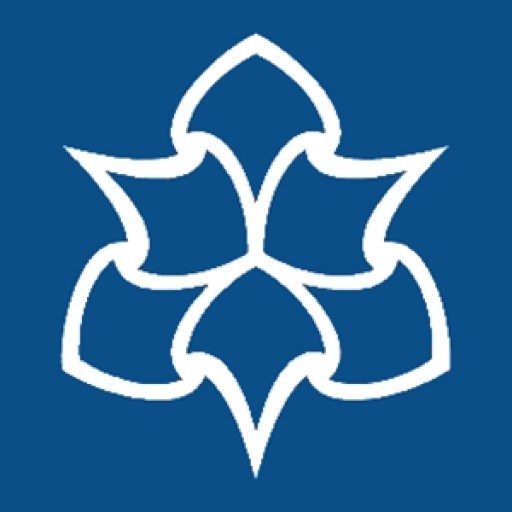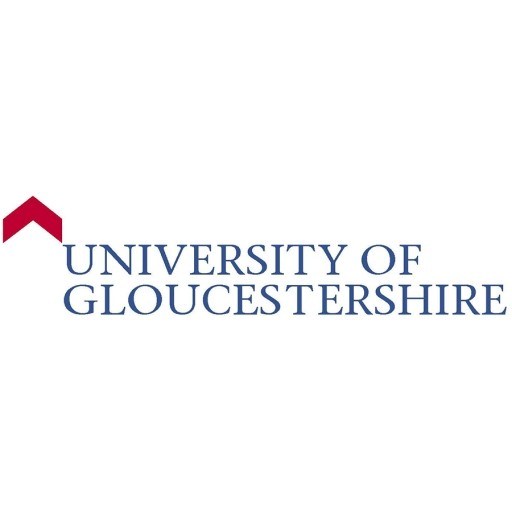Photos of university / #kingstonuniversity
The MA European Arts Practice programme at Kingston University offers students an immersive and comprehensive exploration of contemporary arts within a European context. Designed for artists, cultural practitioners, and creative professionals, this programme emphasizes the development of practical skills, critical analysis, and innovative approaches to art-making across diverse disciplines. Students will engage with a broad spectrum of artistic practices, including visual arts, performance, installation, and interdisciplinary projects, fostering a dynamic and collaborative learning environment.
Throughout the course, participants will have the opportunity to study various European art movements, contemporary trends, and cultural theories, gaining a deeper understanding of the historical and social contexts that influence artistic expression across the continent. The programme encourages students to experiment with different media and techniques, pushing creative boundaries and cultivating their individual artistic voices. Emphasis is placed on both theoretical knowledge and hands-on practice, enabling graduates to produce compelling works of art while critically engaging with current discourses in the arts sector.
The curriculum incorporates modules on artistic research, curatorial practices, and innovative exhibition methods, preparing students for careers in studio practice, gallery and museum work, arts administration, and cultural policy. Collaboration with European artists, institutions, and cultural organizations is a key feature, providing valuable networking opportunities and international exposure. Students will also have access to Kingston University's state-of-the-art facilities, including dedicated studios, workshops, and exhibition spaces, supporting their creative development and enabling them to showcase their work.
Graduates of this programme will be well-equipped to contribute meaningfully to the arts community, both within Europe and globally, with a strong foundation in cultural awareness, professional skills, and artistic innovation. Whether pursuing further academic research or embarking on a professional career as practicing artists, curators, or arts managers, students will leave the programme prepared to navigate and shape the evolving landscape of European art practices.
Please note that this is an indicative list of modules and is not intended as a definitive list.
Modules
* Project 1: Individual
* Project 2: Off-site learning
* Project 3: Digital Arts/New Technology
* Project 3: Digital Arts/New Technology
This module explores the impact of new communications systems on how we perceive, negotiate, create and experience spaces. The module begins with group seminars on the following areas:
* documentation and representation of artworks;
* technological developments; and
* cultural influences.
You will have to:
* visit websites and research/liaise with outside bodies from the beginning of the module;
* attend workshops - introducing you to programmes and equipment;
* work in teams to present and design individual and group concepts for the course website.
The module will equip you with the expertise necessary to develop innovative use of new technology in other areas of your practice.
* Project 4: Theory (European Arts Practice)
* Major Project
Assessment
Seminar presentations; individual and collaborative exhibition production and documentation
Applicants are expected to have a strong interest in contemporary arts practice and demonstrated experience in creative work. A relevant academic background or professional portfolio showcasing engagement with art, design, or related disciplines is preferred. Applicants should submit a completed application form along with a personal statement outlining their motivation for pursuing the programme, their artistic interests, and career aspirations. A digital portfolio of recent work is required, which should include visual examples that demonstrate technical skills, conceptual development, and originality. The portfolio should be uploaded in digital format, supporting the understanding of the applicant's artistic practice and potential contributions to the programme.
In addition, applicants may be asked to attend an interview or provide references, depending on the admission cycle. Qualifications such as a bachelor's degree or equivalent qualification in art, design, or a related field are typically considered. For applicants whose first language is not English, proof of English language proficiency is required, with a minimum IELTS score of 6.0 or equivalent. A relevant work experience in arts or related fields may be taken into account. The programme encourages applicants from diverse backgrounds and values innovative approaches to arts practice. All applicants must demonstrate commitment to developing their practice through available coursework, workshops, and project work. Successful candidates will exhibit a capacity for independent research, critical thinking, and creative problem-solving. The admission process aims to select candidates who show potential for professional practice in the arts and who can contribute to the dynamic and collaborative learning environment at Kingston University.
The financing of the European Arts Practice program at Kingston University is designed to provide students with a range of financial support options to facilitate their studies. Undergraduate students are advised to explore various funding sources including government loans, scholarships, bursaries, and personal savings. The UK government offers student loans that cover tuition fees and living costs, which are repayable after graduation based on income level. For international students, there are specific scholarship opportunities aimed at attracting talented individuals from abroad, although these are limited in number. Kingston University also provides its own range of scholarships and bursaries, which are awarded based on academic merit, financial need, or specific criteria such as country of origin or artistic achievement. Prospective students are encouraged to check the university’s official website for detailed information regarding application procedures, eligibility requirements, and deadlines for these financial aid options. Additionally, students can seek funding through external grants, arts councils, and private foundations that support arts practice and cultural projects. The university’s finance office offers counseling on budgeting and managing expenses during studies. International students should also consider costs related to visas, health insurance, and travel, for which there may be additional funding opportunities. Part-time work on or off-campus is permitted and can assist students in covering daily expenses, yet it is recommended that students balance work commitments with academic responsibilities to ensure successful completion of their degree. The university has a dedicated financial aid team that provides guidance throughout the application process and helps students access suitable financial resources. Overall, financing the European Arts Practice program requires planning and proactive engagement with available funding channels to ensure students can focus on their creative development and academic success without undue financial burden.
The European Arts Practice program at Kingston University offers students the opportunity to explore a diverse range of creative disciplines within the context of European cultural heritage and contemporary artistic practices. This program is designed to provide a comprehensive education that combines practical skills with theoretical understanding, enabling graduates to develop as versatile artists and cultural practitioners. Students engage in a variety of projects and collaborations that foster innovative thinking and encourage experimentation across different mediums, including visual arts, performance, installation, and community-based art initiatives.
Throughout the course, students benefit from access to state-of-the-art studios, workshops, and galleries, as well as guidance from experienced faculty members who are active practitioners in their fields. The curriculum emphasizes the importance of critical reflection, sustainability, and cultural awareness, preparing students to operate effectively within diverse artistic environments both in Europe and internationally. Additionally, the program offers opportunities for exchange programs, internships, and collaborations with European arts organizations, enhancing students' global perspectives and professional networks.
The program's focus on European arts practice is reflected in its module structure, which covers contemporary art theories, European cultural policies, multidisciplinary art forms, and the history of European art movements. Students are encouraged to develop their own artistic voice through individual projects, group work, and presentations. The program aims to cultivate creative problem-solving skills, fostering independence and innovative approaches towards artistic development. Graduates of the program typically pursue careers as professional artists, curators, arts administrators, or cultural consultancy specialists, with the versatility to adapt to various roles within the European and global arts sectors.
To support student success, Kingston University offers various resources, including access to a vibrant arts community, alumni networks, and exhibitions that showcase student work both on and off-campus. The program also emphasizes the importance of critical engagement with European cultural histories and contemporary issues, making it a suitable choice for students interested in developing an in-depth understanding of arts practice within a European context. Overall, the European Arts Practice program aims to produce well-rounded, culturally aware practitioners who are equipped to contribute meaningfully to the arts and cultural industries across Europe and beyond.







